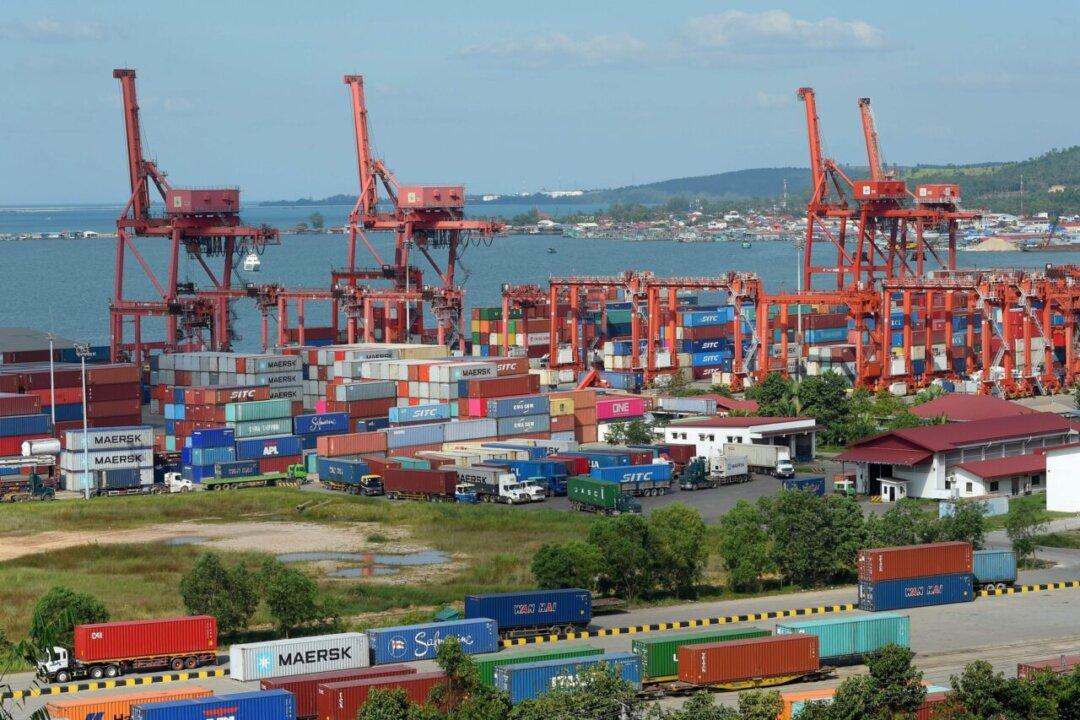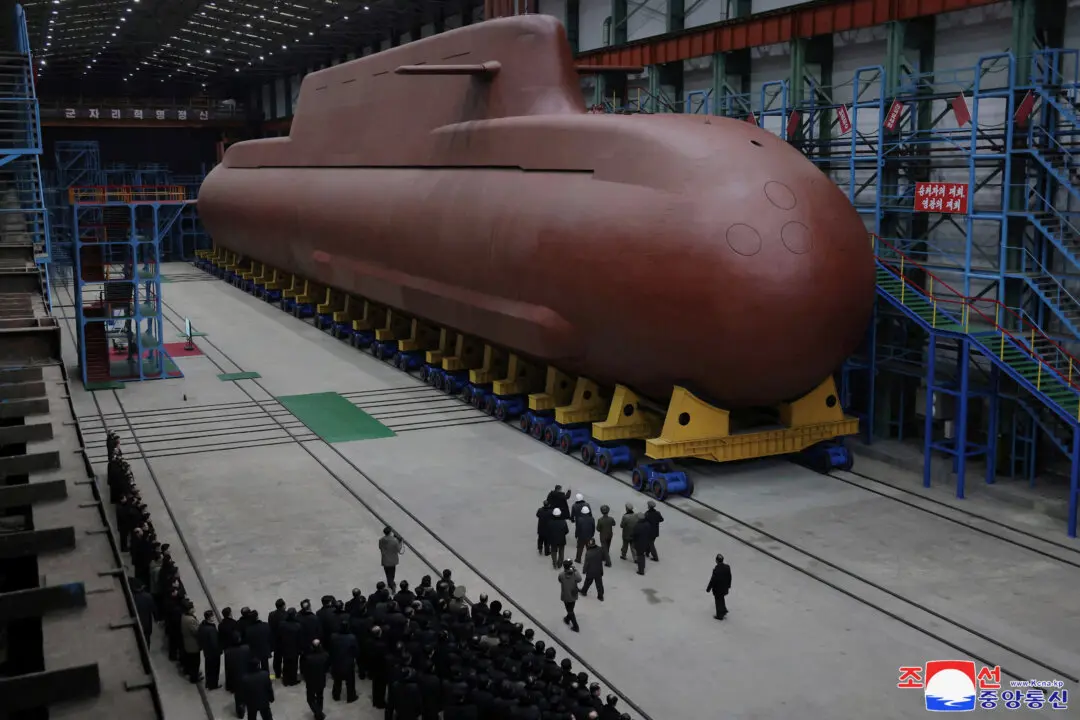Chinese Communist Party (CCP) leader Xi Jinping has gone to great lengths to proclaim that China has no ambitions to be a global hegemon, but in a classic case of Chinese double-speak, other Chinese officials are telling us that China is building the blocks for global domination.
During a Dec. 18, 2018 speech marking the 40th anniversary of former leader Deng Xiaoping’s opening and reforms, Xi Jinping stated, “No matter how far China develops, it will never seek hegemony.”





